Case study: Tackling the hormone that prevents weight loss
By naturopath Margaret Jasinska
I’d like to share a case study that describes how high blood insulin levels can make a person gain weight and keep them overweight. Eva was a 45 year old lady who came to see me for help with losing weight. Her weight had been a problem for most of her life but she could always lose a few kilos in the past if she went on a diet and did some exercise. Those strategies stopped working a few years ago. She would cut the fat out of her diet and drastically reduce her portion sizes but wasn’t able to lose more than 3 or 4 kilos. She needed to lose approximately 15 kilos to achieve optimal health.
Eva stayed on her strict diet for more than 3 months but couldn’t lose any more weight. The frustration, fatigue and hunger made her give up on the diet and she went back to her old ways of eating and she regained the weight. Eva’s diet wasn’t too bad; she rarely ate any junk food and she knew about the importance of eating lots of vegetables. She had been diagnosed with a fatty liver 5 years ago but her doctor never offered any solutions and just told her not to worry about it. I explained to Eva that her fatty liver had everything to do with her weight and that it was vitally important to clear the fat from within it. I organised a few blood tests for Eva and the most striking result was her blood insulin level; it was 4 times higher than it should be and this was preventing her from losing weight.
Eva was able to lose 13 kilos in 3 months following my recommendations.
High blood insulin levels and fatty liver go hand in hand. In fact it is the high insulin that drives the liver to manufacture fat. Fatty liver does not develop from eating too much natural fat; it is caused by eating too much carbohydrate, which the liver converts into fat, or too much linoleic acid-rich seed oil which causes inflammation. Your pancreas makes insulin every time you eat a meal that contains carbohydrate (sugar, grains, cereals), and protein to a much smaller degree. Insulin is supposed to drive sugar (glucose) into your cells where you use it for energy. Unfortunately, people with chronically high insulin levels lose the ability to do this. Therefore they don’t get energy from eating these foods, and in fact their liver converts the carbohydrate they ate to fat.
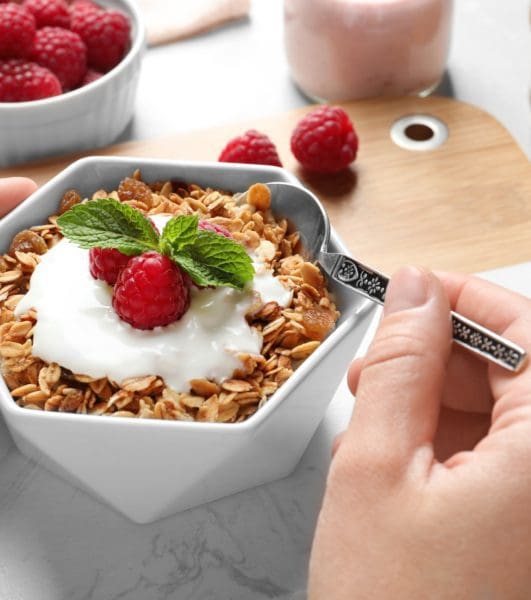
Factors that prevented my patient from being able to lose weight
- Eva ate more carbohydrate than her body could tolerate. Since she was trying to cut down on her fat intake, she ended up eating far too much carbohydrate. She ate low fat yogurt and low fat breakfast cereal (which were both high in sugar) and she snacked on low fat fruit bars. Low fat versions of foods are almost always higher in sugar and they are not very filling, so you may end up eating too much food later on.
- Eva definitely didn’t eat enough protein. She cut out red meat and eggs altogether, thinking that would help her lose weight, and she often didn’t eat any protein for breakfast or lunch.
- Insufficient water intake. Eva would often go the whole day on just 2 glasses of water and 2 cups of coffee. That is nowhere near enough water for an efficient metabolism.
- Irregular food intake. Sometimes Eva had an early breakfast and a late lunch, therefore would go for more than 6 hours without food. When she did eat, she was so ravenous that she didn’t feel satisfied after a normal meal and ended up over eating.
How I helped Eva lose weight
- I put Eva on Dr Cabot’s 15 Day Cleanse. It is an easy to follow program designed to improve gut, liver and immune health. It comes with a delicious meal plan and is an excellent springboard to improved health. It improved her energy level and once she noticed some weight loss, it motivated her to continue with a healthy diet and lifestyle. Afterwards I put Eva on the lower carbohydrate, higher protein eating plan in the book Fatty Liver You Can Reverse It. I asked her to eat protein at every meal and explained that eggs are an excellent source of protein and would help her to lose weight. For breakfast I encouraged her to either eat eggs and vegetables or have a protein powder smoothie or have dinner leftovers. For lunch and dinner she had either chicken or fish or red meat with cooked vegetables or a raw salad.
- I asked Eva to eat more fat, such as extra virgin olive oil, avocados, oily fish, fatty cuts of meat and coconut oil. Fat made her more satiated after meals and enabled her to eat less at subsequent meals.
- Eva could have one or two snacks per day, if she was hungry or a meal was delayed. The snacks could be a protein shake, raw vegetable sticks with hummus or tahini or nut butter, or a piece of fruit, or a handful of nuts or seeds. It is best to try and eat 3 satisfying meals and minimise snacking though, because each time we eat, insulin rises. If you want to be an efficient fat burner, you need a low blood insulin level.
- It is good to aim for consuming 8 to 10 glasses of water per day. Herbal tea or green tea could make up part of her water intake for the day.




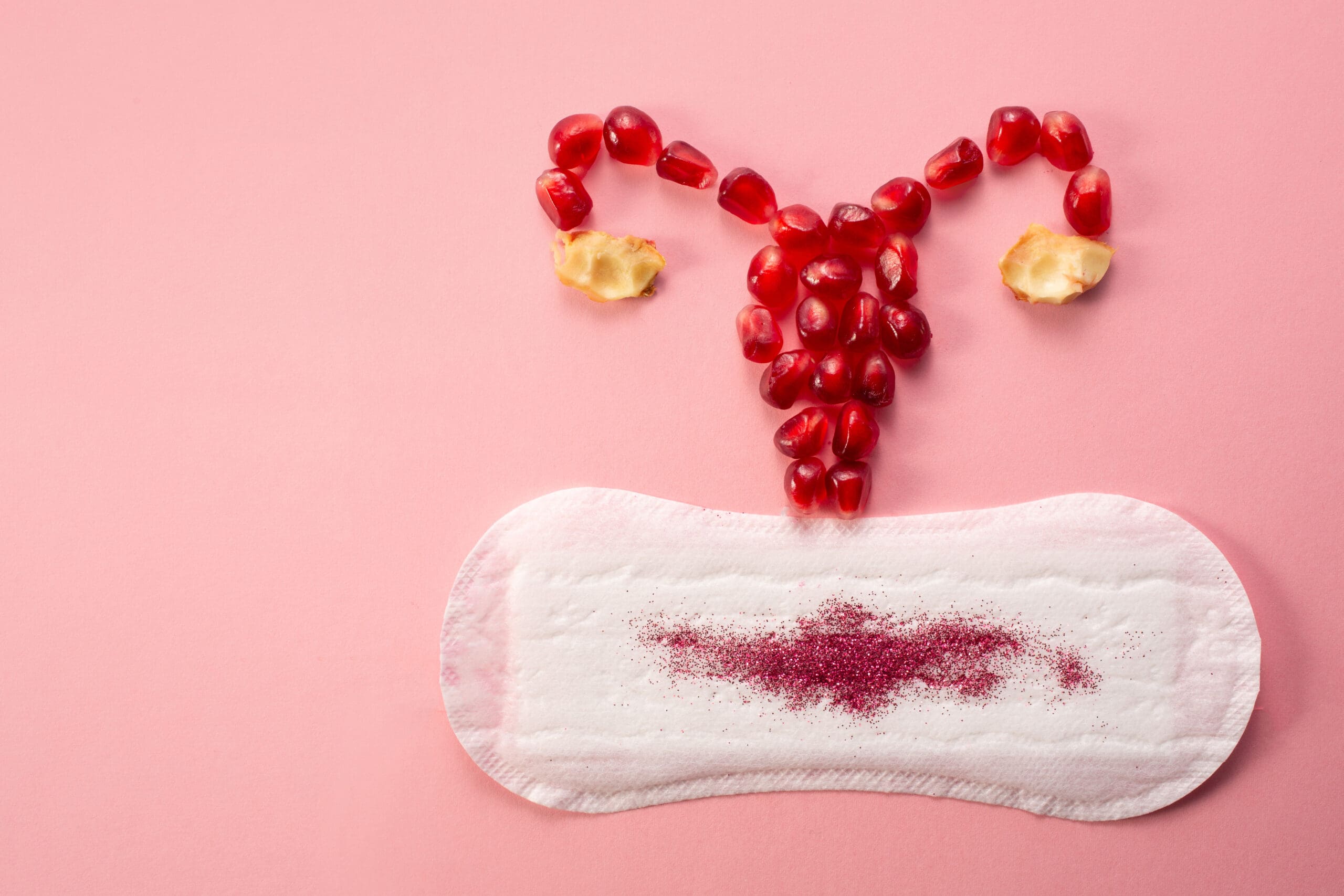
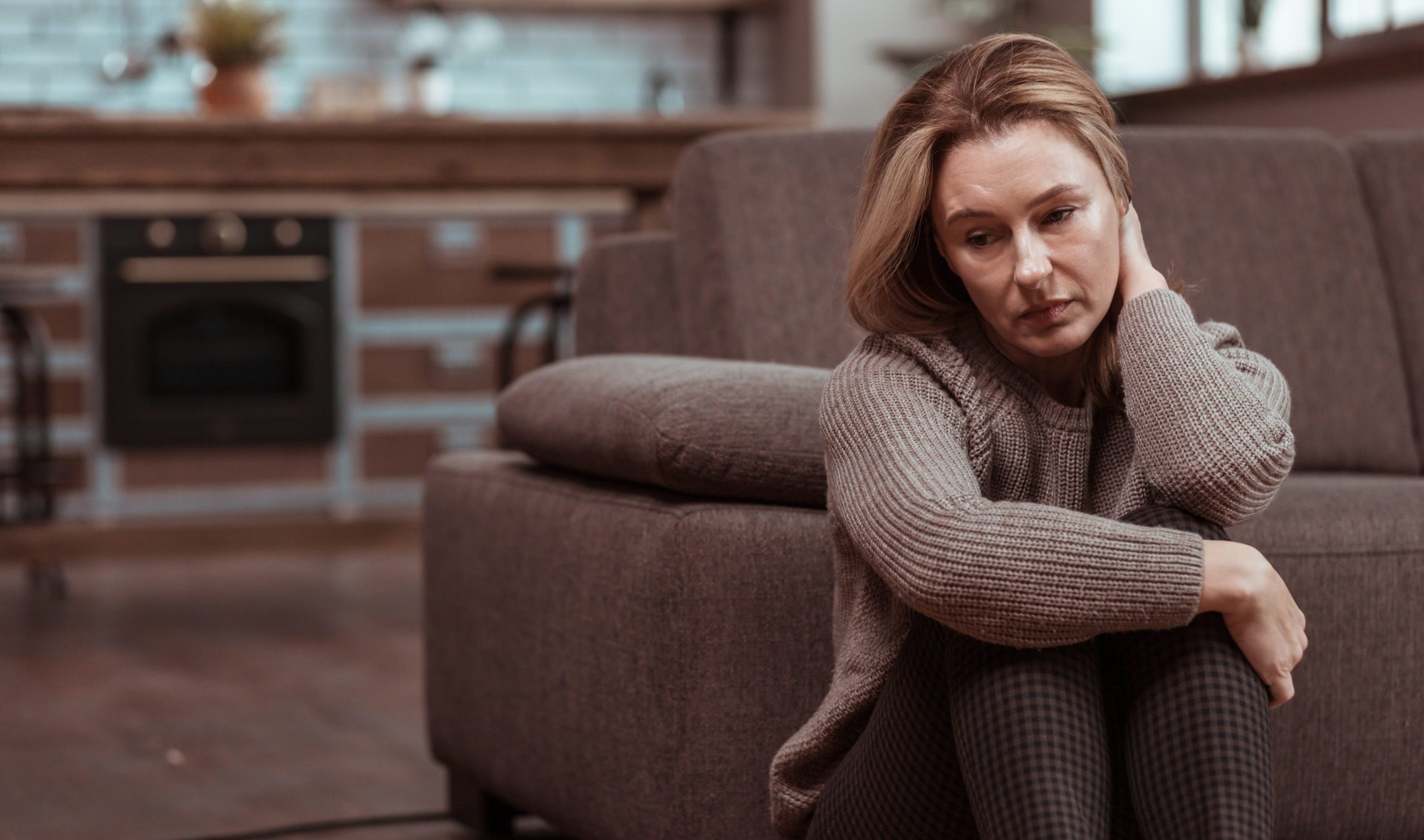
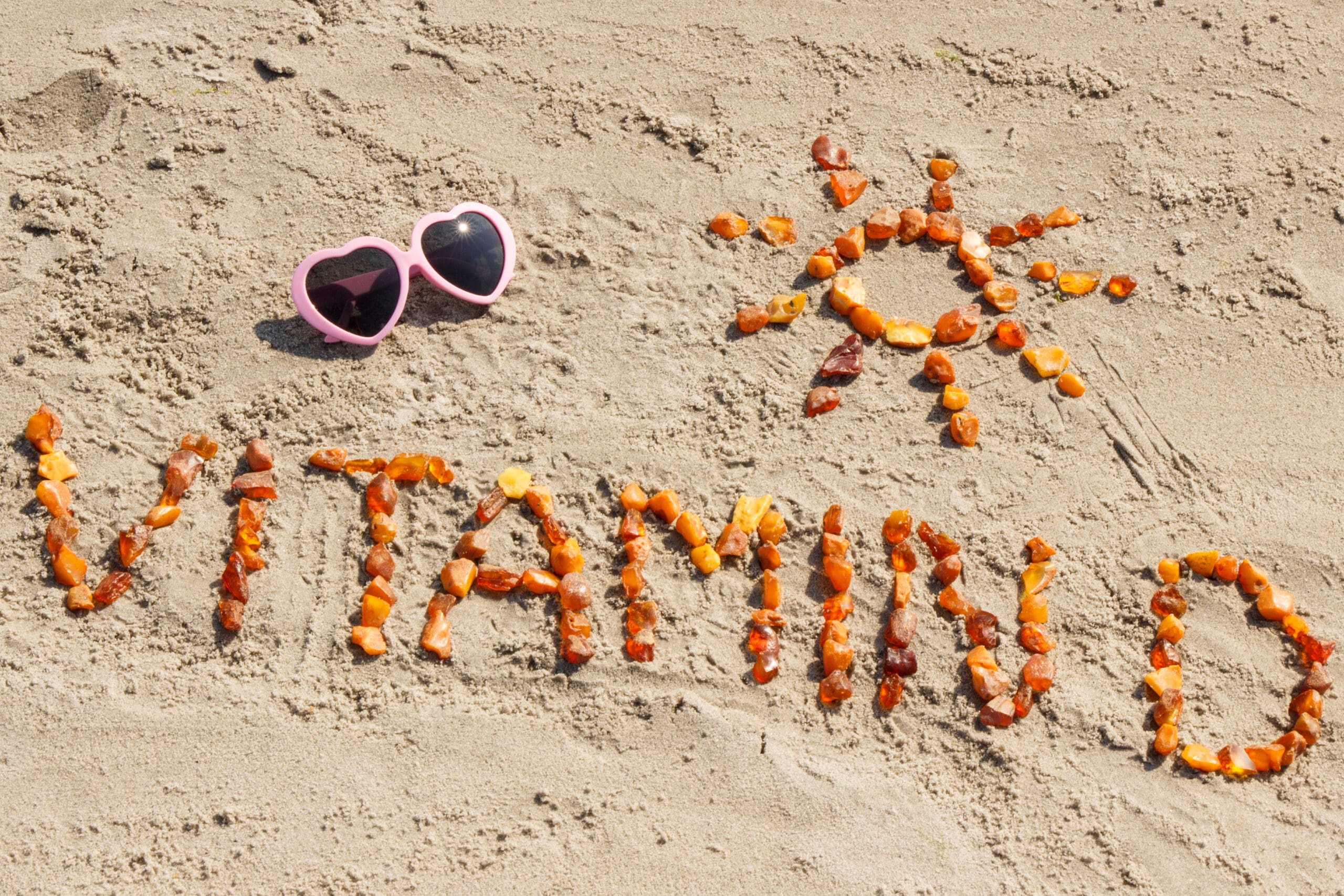
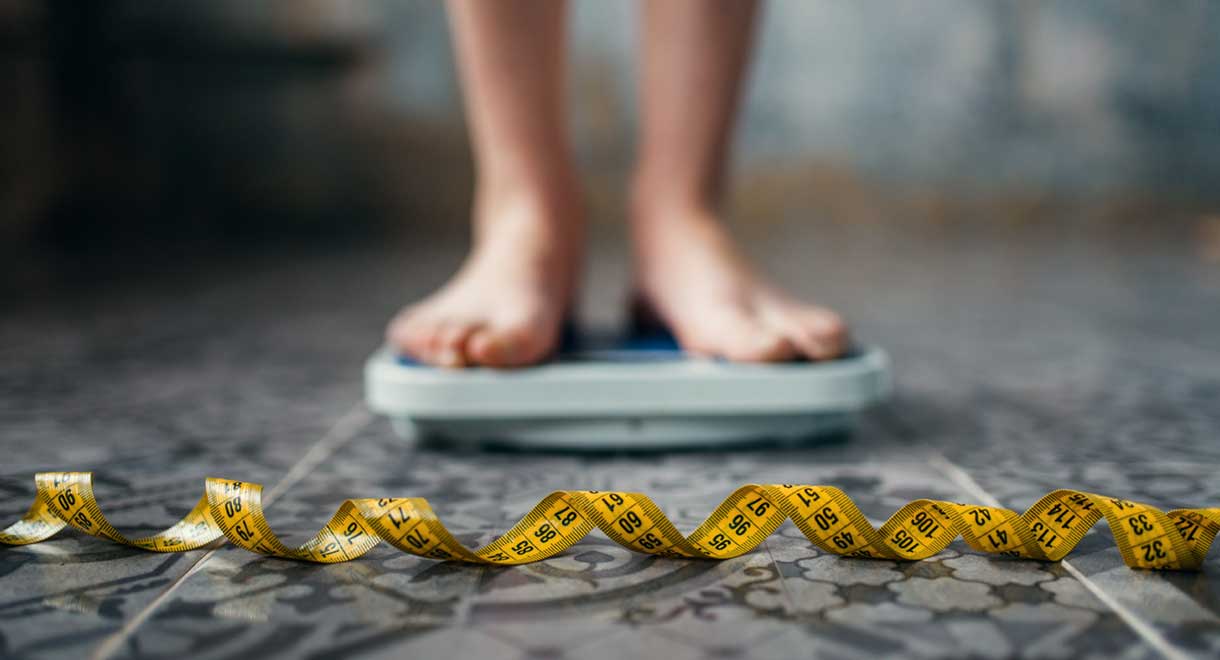
Leave A Comment